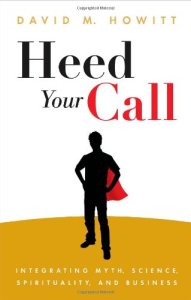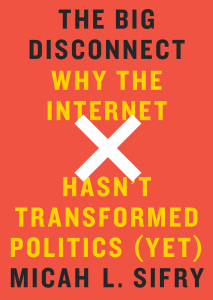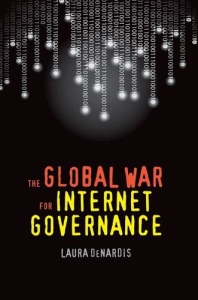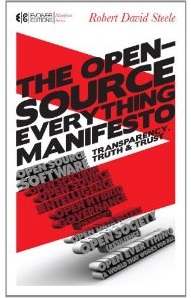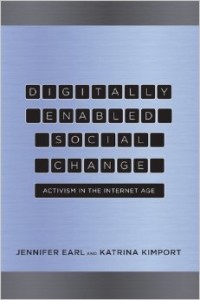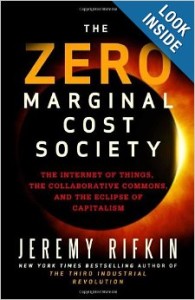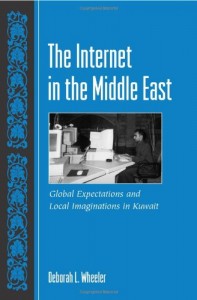
Deborah Wheeler
5.0 out of 5 stars Surprising and therefore valuable, February 11, 2015
This is a solid piece of work that might normally have been a 4 but it surprised me just enough to warrant taking it to a 4. I love unconventional wisdom and seeing solid proof that conventional wisdom — in this case, “The Internet changes everything for the better” questioned.
I read this book on the same flight as I read Richard Wolff's Occupy the Economy: Challenging Capitalism (City Lights Open Media) and this is the second reason I will place the book at five: while the Internet does NOT change everything for the better, especially in the case of women and youth in Kuwait, it IS “occupied,” is does blur the line between the user and the producer, and it does offer a model for new forms of social and economic organization. In a strange way I could not have anticipated, these two books complement each other.

